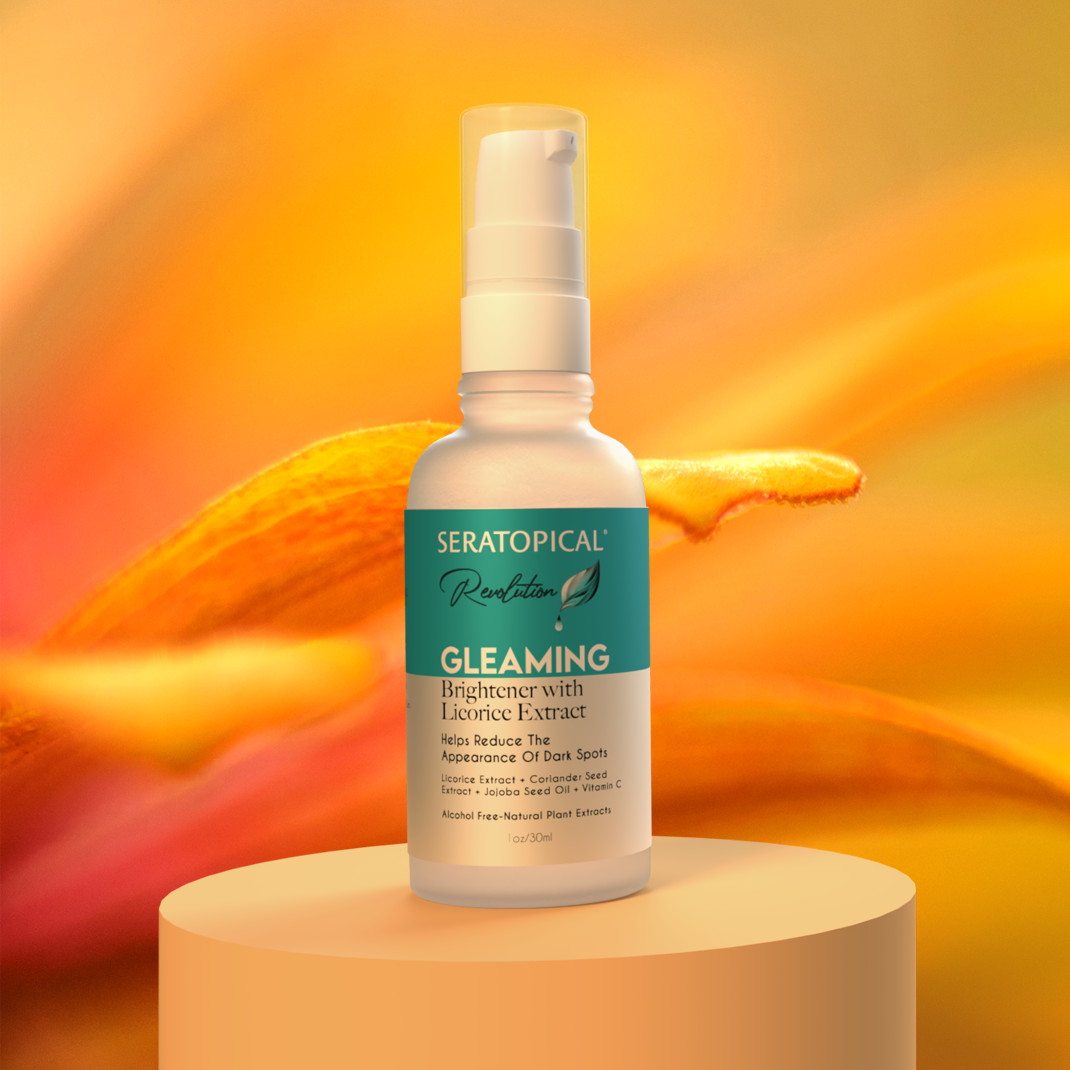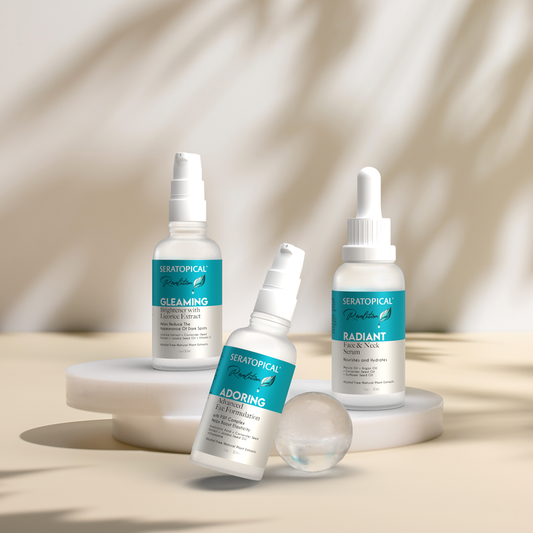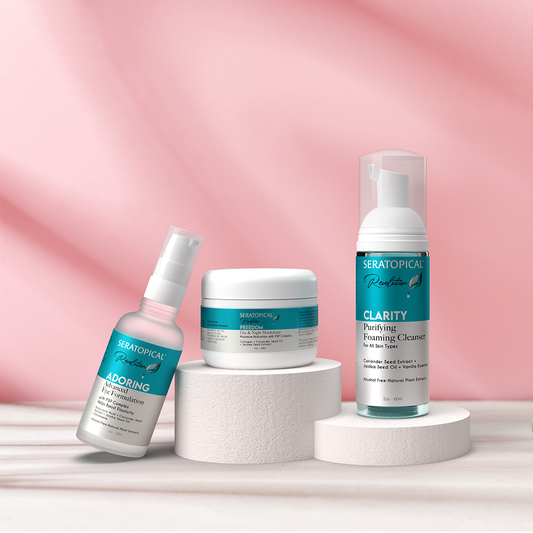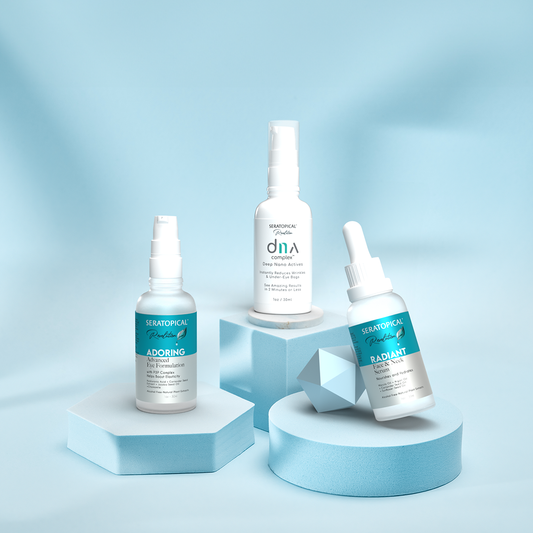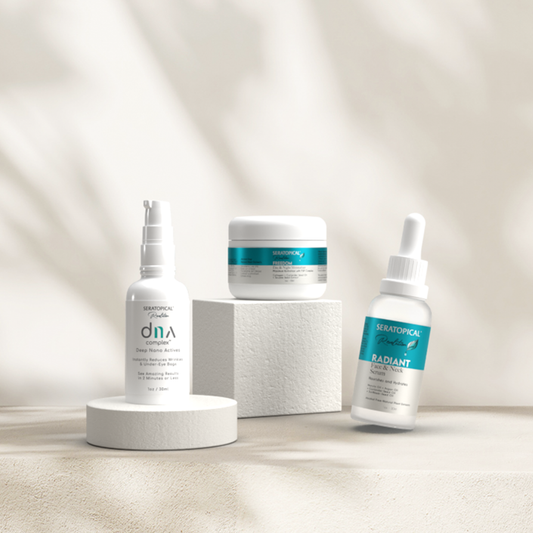Hyperpigmentation is one of the most common skin issues. While it usually isn’t a cause for concern, many choose to treat their dark spots to achieve an even toned and radiant complexion. Here is your guide to the causes of dark spots, as well as what you need to know when looking for the best skincare for hyperpigmentation.
Types of Hyperpigmentation
Hyperpigmentation is a general term to describe dark spots on the skin. There are different types of hyperpigmentation, each of which has its own characteristics. This includes:

Causes of Hyperpigmentation
As mentioned, hormonal fluctuations, sun exposure, and injury to the skin are the primary causes of hyperpigmentation. Beyond these main culprits, there are other factors that may trigger hyperpigmentation or increase your likelihood of developing dark spots.
For example, there are certain medications that may cause hyperpigmentation. This includes some antimalarials, antidepressants, and nonsteroidal anti-inflammatory drugs.
Additionally, some chemical peels may trigger hyperpigmentation. This most often affects people with darker skin. It should also be noted that any prescription medication (oral or topical) or over-the-counter treatment that increases your skin’s sensitivity to the sun can also raise your risk of developing hyperpigmentation.
Can You Prevent Dark Spots?
In many cases, dark spots can be prevented. The key is addressing the potential root cause.
Wearing sunscreen daily (and reapplying it throughout the day) is one of the absolute best things you can do to prevent dark spots. For the best protection against harmful UV rays, you’ll also want to use other physical forms of sun protection. This might look like staying in shade when spending time outdoors, wearing UV protective clothing, or wearing a wide-brimmed hat.
Exposure to sun can also worsen any active forms of hyperpigmentation you may be dealing with, such as post-inflammatory hyperpigmentation or melasma. By wearing sunscreen daily and avoiding direct sunlight when possible, you’ll prevent these spots from getting darker. Ultimately, this will make it much easier for you to clear this discoloration.
Additionally, if you are prone to post-inflammatory hyperpigmentation from breakouts, the best thing you can do is be gentle with active blemishes. Most importantly, you’ll want to make sure you don’t pick or pop any pimples, as doing so will greatly increase your risk of developing dark spots.
Treatment for Dark Spots
If you want to treat hyperpigmentation at home, you’ll need to add the right serum to your daily skincare routine. The best serums for dark spots are formulated with ingredients that have been proven to fade hyperpigmentation for a more even complexion.
For example, Gleaming Brightener – a serum specifically designed to reduce dark spots – is powered by two of the most effective ingredients for tackling hyperpigmentation. The first is licorice root extract, a natural anti-inflammatory and antioxidant ingredient that removes excess melanin (which creates pigment in the skin) to fade discoloration. The second is vitamin C, a multitasking antioxidant that inhibits melanin production to promote a brighter, more even toned complexion.
In addition to using a targeted serum, consider adding other treatments to your routine that will help reduce dark spots. Retinol, for example, encourages skin cell turnover, which can fade discoloration. Meanwhile, chemical exfoliants can clear away dead skin cells to reveal a more even toned complexion.
Best Skincare Practices for Hyperpigmentation
In addition to wearing sunscreen every single day, for optimal results, you will want to use your dark spot treatment consistently. Give your skin the daily attention that it needs, and you’ll be able to dramatically speed up the treatment process.
Of course, it does take some time to clear dark spots, so be sure to be patient. By being consistent with your treatments and implementing methods to prevent future dark spots from forming, you’ll soon be able to achieve a clear, even toned complexion.


